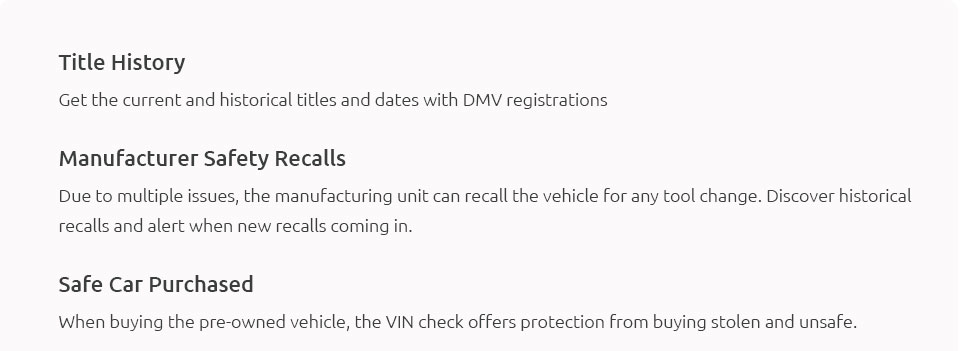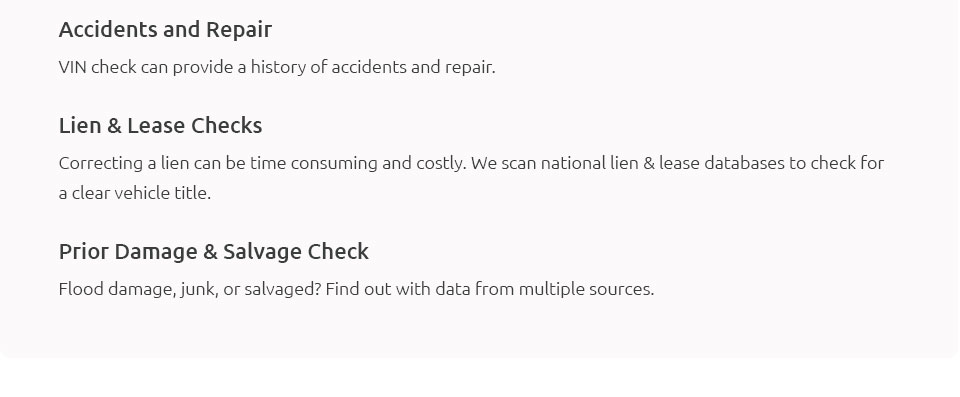 |
 |
 |
 |
 |
||
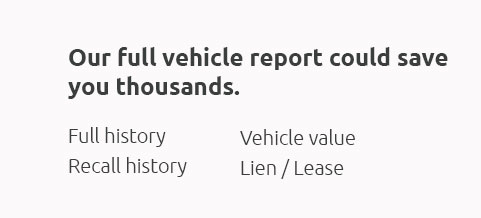 |
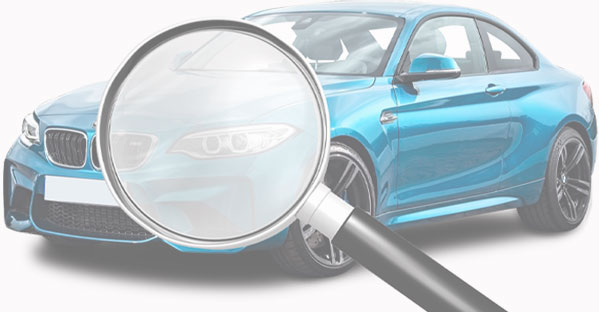 |
|
 |
 |
|
 |
 |
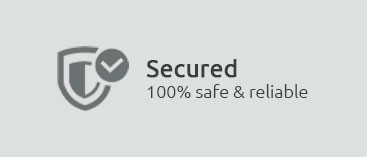 |
 |
||
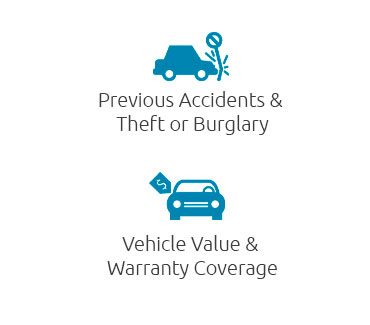 |
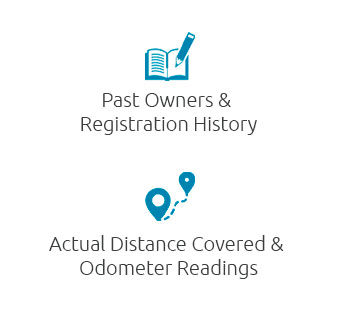 |
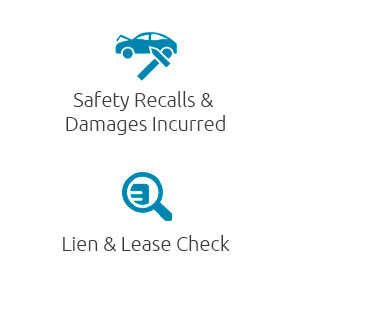 |
 |
 |
 |
||||
|
||||
 |
 |
How to Check Car History Using a VIN: A Comprehensive GuideIn today's world, where the pre-owned car market is flourishing, understanding the history of a vehicle before making a purchase is paramount. This is where the Vehicle Identification Number, commonly known as the VIN, becomes an indispensable tool for any potential car buyer. The VIN serves as the car's fingerprint, a unique code that provides access to a wealth of information about the vehicle's past. But how exactly can one use the VIN to check a car's history? Let's dive into the pros and cons of this essential practice. First, it's important to understand what a VIN is. A VIN is a 17-character string that includes numbers and letters. This sequence is more than just a random assortment of characters; each section of the VIN provides specific information about the vehicle, such as the manufacturer, model, and year of production. The power of the VIN lies in its ability to unlock detailed records that can reveal much about a car's past. Pros of Checking Car History Using a VIN
Cons of Checking Car History Using a VIN
Ultimately, checking a car's history using its VIN is an essential step in the car-buying process. It provides invaluable insights that can prevent costly mistakes. For those interested in exploring other vehicle-related inquiries, you might consider learning how to search mobile home VIN number or how do I check a license plate number. These resources can further equip you with the knowledge needed to make prudent decisions in the complex world of vehicle transactions. In conclusion, while there are some limitations to what a VIN check can provide, the overall advantages make it a worthy endeavor for anyone considering purchasing a used vehicle. The peace of mind that comes from knowing you have done your due diligence is invaluable and can make all the difference in ensuring a satisfactory purchase. https://vehiclehistory.bja.ojp.gov/nmvtis_vehiclehistory
EpicVin.com. Get NMVTIS Powered Reports in Seconds. Check your VIN now &. VINSmart.com: Don't get trapped. VINsmart full vehicle report could save. Yassi ... https://consumer.ftc.gov/features/used-cars
But not all vehicle history reports are available through the NMVTIS website. Reports from other providers sometimes have additional information, like accident ... https://www.nicb.org/vincheck
NICB's VINCheck is a free lookup service provided to the public to assist in determining if a vehicle may have a record of an insurance theft claim.
|

